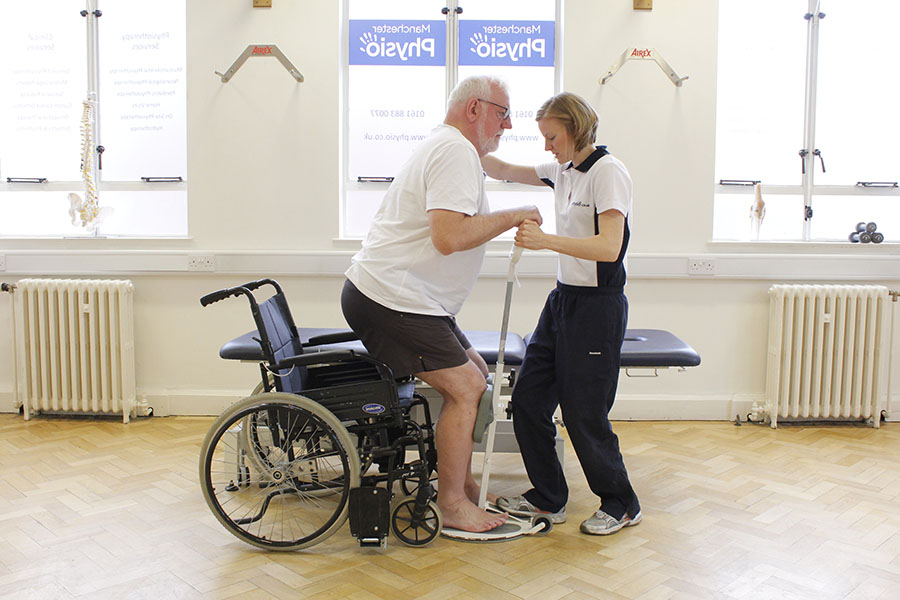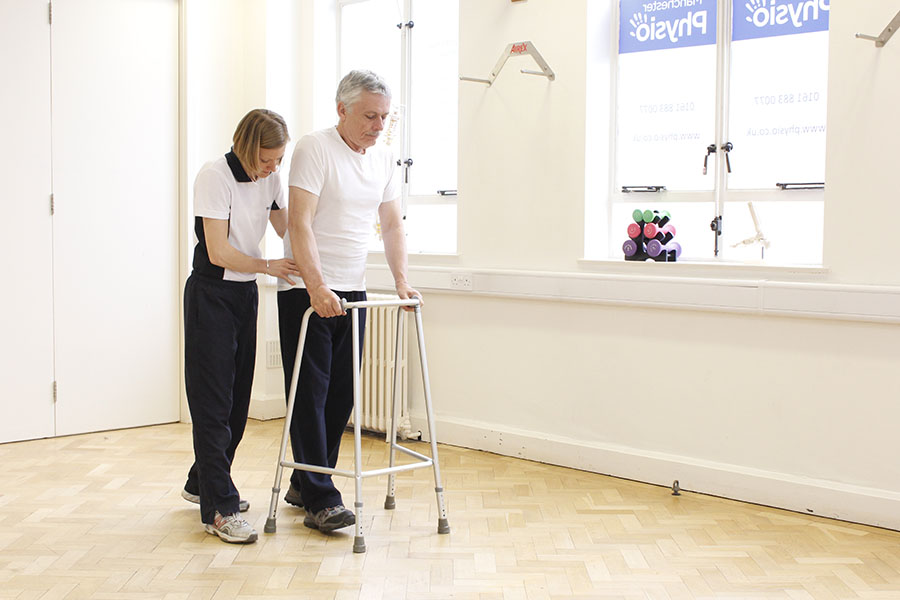Neuropathies
Neuropathy is characterised by damage to the nerves of the peripheral nervous system that can lead to a number of problems in the region of the foot and lower limb.
What are neuropathies?
Neuropathy is a condition in which the nerves which transmit messages around the body become damaged and therefore are unable to perform their function. There are various different types of neuropathies including;
- Peripheral neuropathy
- Diabetic sensory neuropathy
- Tarsal tunnel syndrome
- Morton's neuroma
Neuropathy can affect the motor, sensory or autonomic nervous system and therefore its effects can either be on motor function and movement, sensation such as pain and autonomic function.
What causes neuropathies?
In some cases the causes of the neuropathy is unknown however, a person can develop neuropathy as a result of a number of different factors which include;
- Diabetes ' this is the leading cause of neuropathy and leads to the disorder due to issues such as poor glucose control and neurovascular problems
- Trauma ' when nerves become damaged following an accident or injury
- Alcoholism
- Autoimmune disorders
- Tumours
- Nutritional defects and deficiencies
- Secondary to a variety of diseases and disorders include kidney and liver disease
- Hereditary conditions such as charcot-marie- tooth disease
- Certain types of medication
- Infections
- Exposure to toxins

What are the symptoms of neuropathy?
The effects that neuropathy has on a person will vary depending on the types of nerves that have been damaged and where those nerves are located. An individual suffering from neuropathies of the feet may experience the following symptoms;
Sensory damage- Tingling or burning sensation in the feet
- Numbness
- Increased sensitivity
- Pain
- A tingling sensation which spreads up the leg
- An increase in the severity of symptoms at night
- Paralysis
- Reduced sensation in the feet
- Muscle weakness
- Dry skin
- Hair loss
- Pruritus
- Cold feet
How can neuropathy affect the foot?
An individual suffering from neuropathy may experience a change in foot shape leading to increased pressures across certain points of the foot. Increased plantar pressures combined with sensory loss makes a person with neuropathy ' in particular diabetic neuropathy ' more susceptible to ulceration. Increased pressure points can also lead to increased development of corns and callus.
How is neuropathy treated?
The role of a podiatrist in the treatment of a patient suffering from neuropathy is to control the secondary effects of the disease. This may include;
- Carrying out regular diabetic foot checks
- Advising and educating patients on the disease, its effects and how to prevent secondary complications
- Treating ulceration
- Carry out a footwear review to ensure shoes fit correctly and will not cause further problems
- A podiatrist can use various padding techniques to protect areas of high pressure and recommend products such as insoles to reduce plantar pressures.
- Reduce any corns and callus

What are the benefits of podiatry treatment for a person with neuropathy?
Podiatry treatment is a necessary and valued part of the management plan of patients with neuropathy. The benefits of this podiatry treatment include;
- Prevention of secondary complications such as ulceration
- Reduced pain associated with increased plantar pressures
- Improved foot function
- Improved foot mobility
For more information on neuropathy treatment or to arrange an appointment please contact us either via email on office@chiropody.co.uk or call 0330 088 4222.
Save 5% by booking an appointment online.



We work with:

Individuals

Organisations

Health professionals
Get in Touch!
0330 088 4222
If you would like to speak to one of our specialists then please complete this form.
We are open 7 days a week








